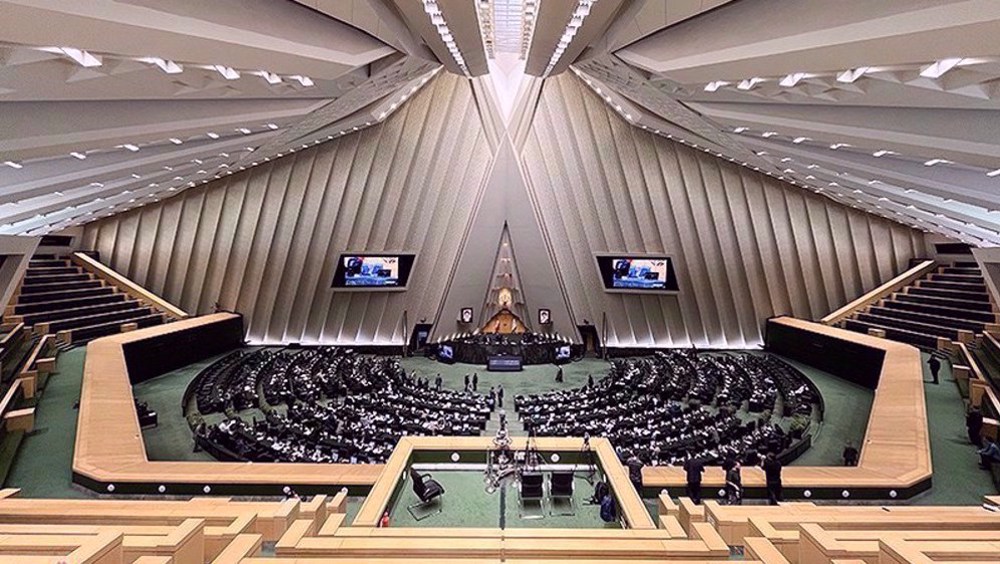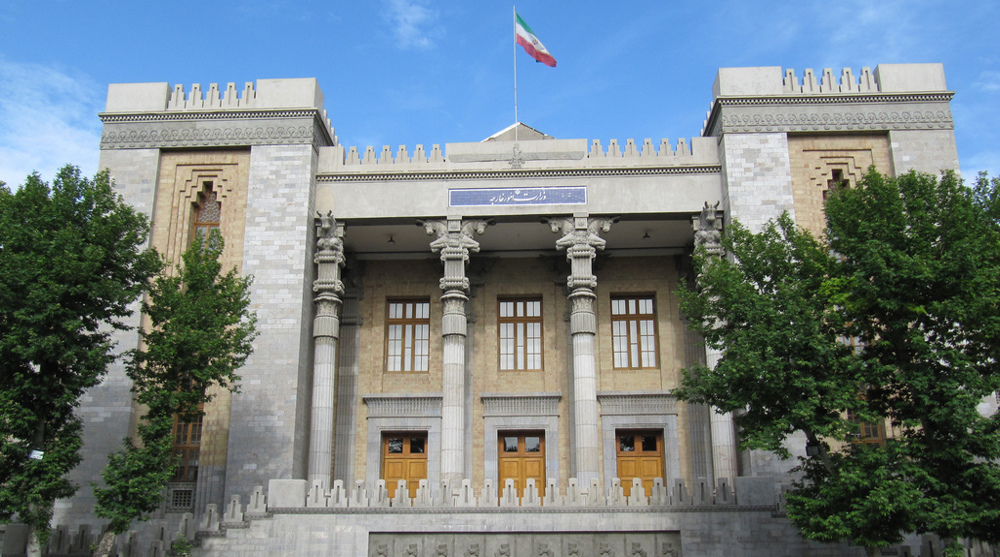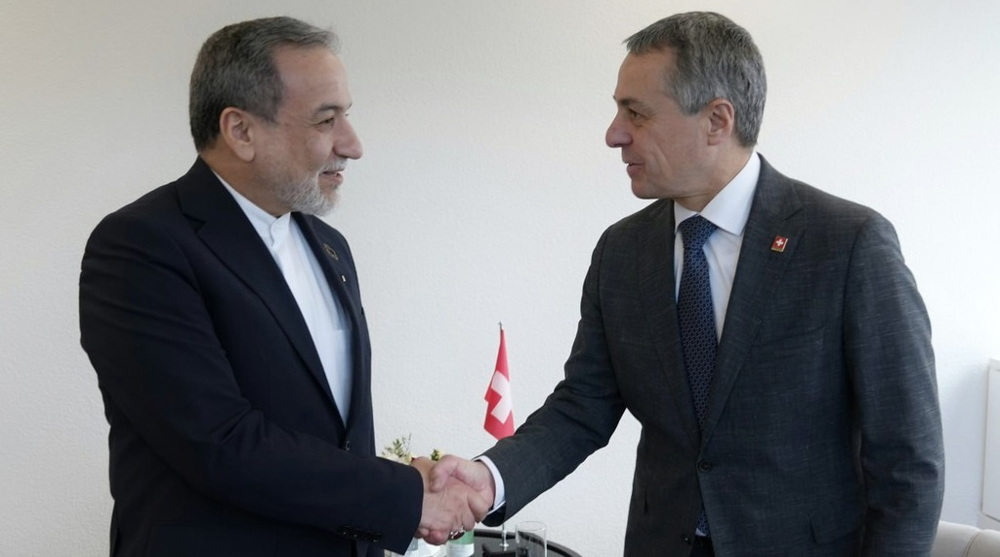Astana guarantor states censure Israeli aggression on Syrian soil
Iran, Russia and Turkey — the three guarantor states of the Astana peace process — have blasted Israel’s continued attacks on Syria as well as the illegal US seizure of the Syrian oil.
In a joint statement after the third trilateral meeting of the Syrian constitutional committee in Geneva on Tuesday, senior diplomats from the three sides condemned the Israeli military attacks on Syrian territory and said the acts of aggression would endanger the stability and security of the region.
The Iranian, Russian and Turkish diplomats stressed that the Israeli attacks violated international law and undermined the sovereignty of the Arab country.
Tel Aviv frequently attacks military targets inside Syria in what is considered an attempt to prop up Takfiri terrorist outfits that have been suffering heavy defeats against Syrian government forces.
Israel seized the Golan Heights from Syria after the 1967 Six-Day War and later occupied it in a move that has never been recognized by the international community.
The three countries also expressed on Tuesday their opposition to the US for “the illegal confiscation of the oil revenues and transfers that should return to Syria.”
The Astana guarantors censured all unilateral sanctions against Damascus, stating that they are extremely harmful considering the humanitarian situation in Syria, especially in the wake of the covid-19 pandemic.
Iran, Russia, and Turkey have been leading a peace process for Syria known as the Astana process, because Kazakhstan’s capital, Nur-Sultan, formerly called Astana, originally hosted the meetings.
The Astana talks resulted in two agreements.
A first deal was signed in Kazakhstan’s capital, arranging for the creation of de-escalation zones across Syria, including in parts of Idlib. The second one that came about in the Russian resort city of Sochi allowed Ankara to bring in a small number of forces to man the observation posts to reinforce de-escalation.
While the two deals have helped significantly reduce fighting in Syria, the conflict has not entirely ended, due in large part to Turkish failure to separate terrorists from what it calls “moderate” opposition groups in Idlib and Ankara’s dispatch of thousands of troops and heavy military hardware into the Syrian province to back the militants.
Syria has been gripped by foreign-backed militancy since March 2011. But that conflict has been winding down as the Syrian government reasserts control over parts formerly held by militant and terrorist groups.
Journalist Tucker Carlson says he was detained in occupied territories after interview with US amb.
VIDEO | Is there any hope for Russia-Germany relations?
VIDEO | Israeli land grab policies
Nuclear chief: Israeli infiltration, sabotage drove Iran towards nuclear self-sufficiency
IRGC intel. chief: Enemies devised 7-stage plot for recent riots
Israeli minister calls to 'encourage' Palestinian exodus
VIDEO | Press TV's news headlines
VIDEO | Near breakdown: Generators in Gaza’s main hospitals












 This makes it easy to access the Press TV website
This makes it easy to access the Press TV website